Common Breed-Related Ocular Health Problems in Pets
The eyes of your pet are windows to their well-being, and maintaining their ocular health is crucial for a full, active life. At Envision More Veterinary Ophthalmology, located in the heart of Cypress, Texas, we specialize in the diagnosis and treatment of eye conditions, particularly those that are breed-related. This article explores various common ocular problems that can affect different breeds of pets, emphasizing the importance of early detection and specialized care.
Overview of Common Ocular Conditions in Popular Breeds
Certain pet breeds are predisposed to specific ocular conditions, which can significantly affect their quality of life if not properly managed. Key issues include:
- Cataracts: Often seen in older pets but can be congenital in breeds like Cocker Spaniels and Poodles.
- Glaucoma: Common in breeds with narrow drainage angles in their eyes, such as Basset Hounds and other brachycephalic breeds like Shih Tzus.
- Progressive Retinal Atrophy (PRA): A degenerative condition affecting the retina, commonly found in Labrador Retrievers and other retriever breeds.
These conditions can lead to discomfort or even significant vision loss, making breed-specific knowledge crucial for early identification and management. For more detailed information on these diseases, please visit our Common Pet Eye Diseases page.
Recognizing Symptoms of Ocular Problems
Early recognition of ocular symptoms is key to preventing progression and preserving vision. Pet owners should be vigilant for signs such as:
- Cloudiness: Noticeable changes in the clarity of the eye(s).
- Redness: Inflammation or bloodshot eyes could indicate glaucoma or other infections.
- Excessive Tearing: This could signal blockage in tear drainage or irritation.
- Apparent Visual Impairment: Bumping into objects or reluctance to jump or climb can indicate loss of sight.
Recognizing these signs early on is crucial. For more on when to seek veterinary attention, check our guide on 8 Clinical Signs That Warrant a Pet Eye Exam.
Preventative Measures and Importance of Regular Check-Ups
Regular ophthalmologic exams are paramount in catching and managing ocular conditions before they develop into more severe problems. At Envision More Veterinary Ophthalmology, we recommend annual screenings, particularly for breeds known to have ocular predispositions. Preventative measures also include:
- Nutritional Support: Diets rich in antioxidants can help maintain eye health.
- Protective Gear: Particularly for active pets in environments that could harm their eyes.
Learn more about the preventive steps we recommend by visiting our Ocular Examinations page.
Treatment Options and Recovery Plans
Treatment varies depending on the condition but may include:
- Medications: Eye drops or systemic medications to manage conditions like glaucoma.
- Surgery: Necessary for advanced cases such as cataracts or severely damaged eyes.
- Lifestyle Adjustments: Modifying your pet’s environment to prevent further harm to the eyes.
Understanding what treatments are available and what to expect during recovery is essential for managing a pet’s condition effectively. For more information on surgical options and recovery care, visit our Surgery page.
Conclusion
Recognizing and addressing breed-specific ocular conditions early can dramatically affect the progression of eye diseases in pets. At Envision More Veterinary Ophthalmology in Cypress, Texas, our team is dedicated to providing comprehensive care tailored to the unique needs of each breed. We encourage pet owners to schedule a consultation to ensure their pets receive the best possible ocular care. Your pet’s vision is precious – let us help you protect it.

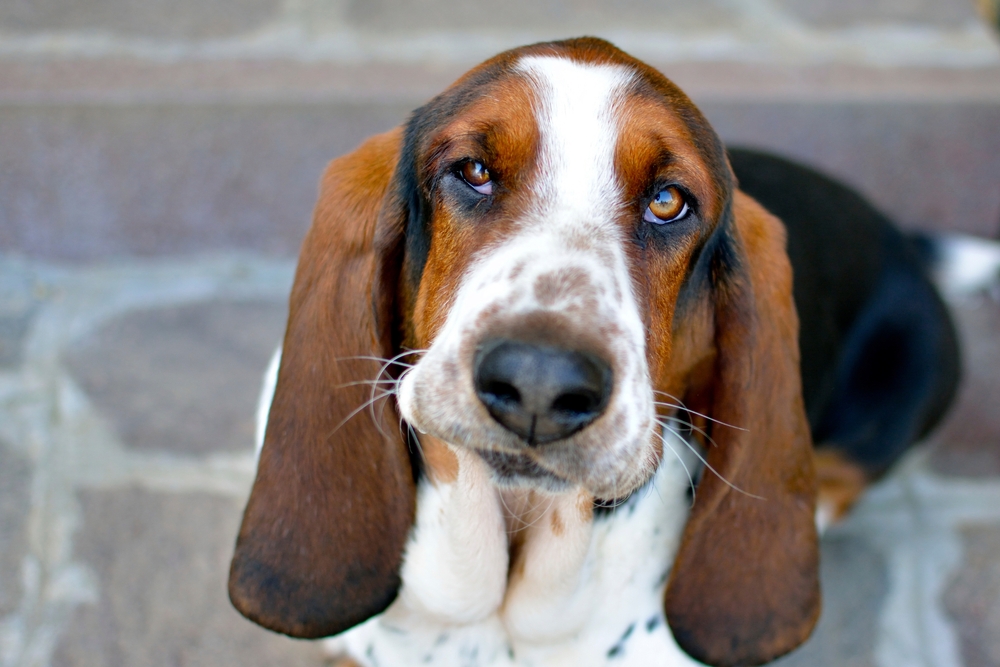
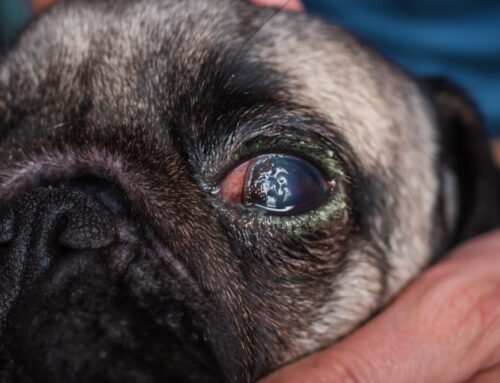
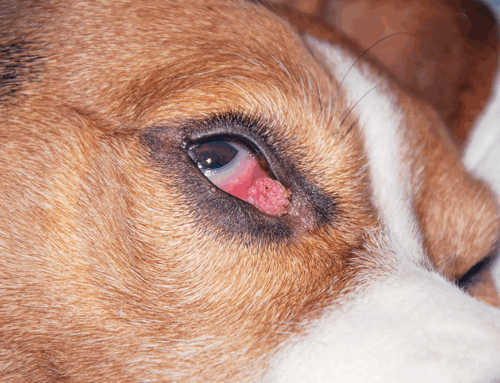
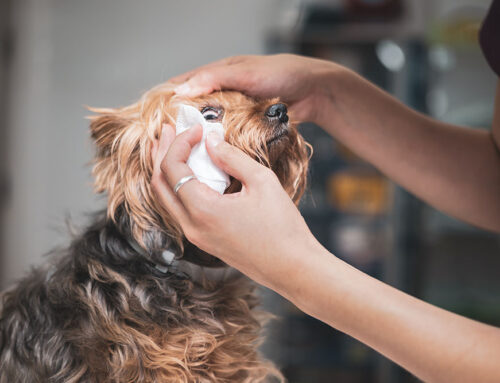
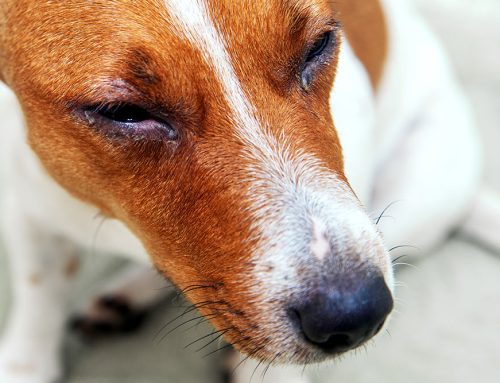

Leave A Comment